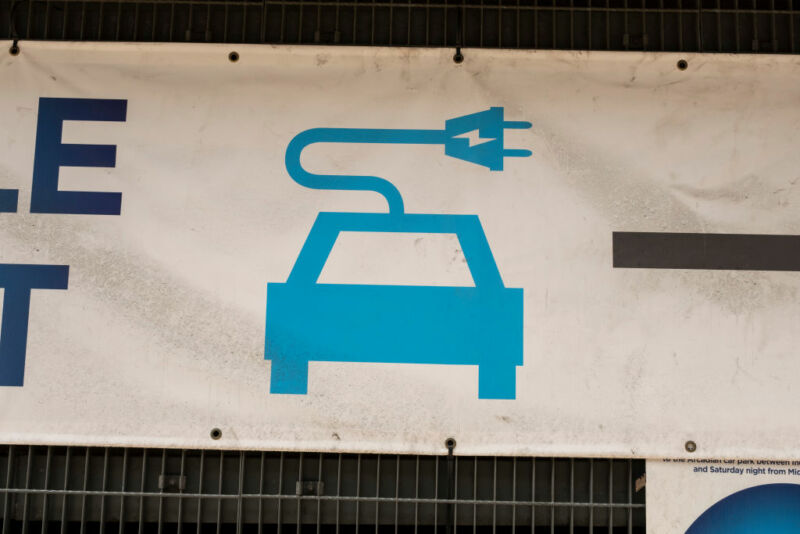It’s time to rethink personal carbon allowances, research suggests

Enlarge / Having personal limits on carbon emissions might motivate more people to transition to lower carbon options. (credit: Mike Kemp / Getty Images)
In 2008, the United Kingdom's government evaluated the idea of a personal carbon allowance (PCA) to help reduce emissions. In short, the effort would put caps on the amount of carbon each person could use as they heat their homes, purchase food, or travel to work. The government decided not to implement it, and since then, this climate strategy has largely fallen off the radar.
"[A]t the time, it was considered an idea ahead of its time. [PCAs] were considered as radical, and also not implementable due to cost and a few other hassles," Francesco Fuso-Nerini, director of the Climate Action Centre at the KTH Royal Institute of Technology in Stockholm, Sweden, told Ars.
However, Fuso-Nerini and a team of researchers performed a meta-analysis of existing literature about PCAs and considered both climate change and the social and technological changes brought about by the COVID-19 pandemic. Arecent paper by the team suggests that it might be time to revisit the concept.
Read 20 remaining paragraphs | Comments
source https://arstechnica.com/?p=1788196